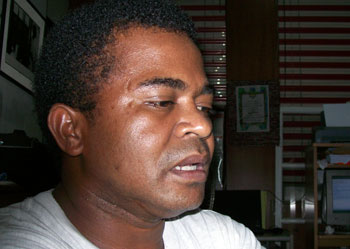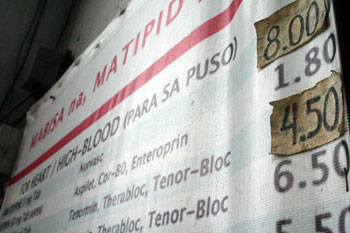
By RONALYN V. OLEA
While the right of indigenous peoples to their ancestral land is recognized by international agreements and conventions, indigenous peoples in the Philippines are relentlessly being driven away by mining, tourism and other so-called development projects. In Zambales alone, more than 70 mining firms are now operating, with some preventing the Aetas from entering what used to be their land.









